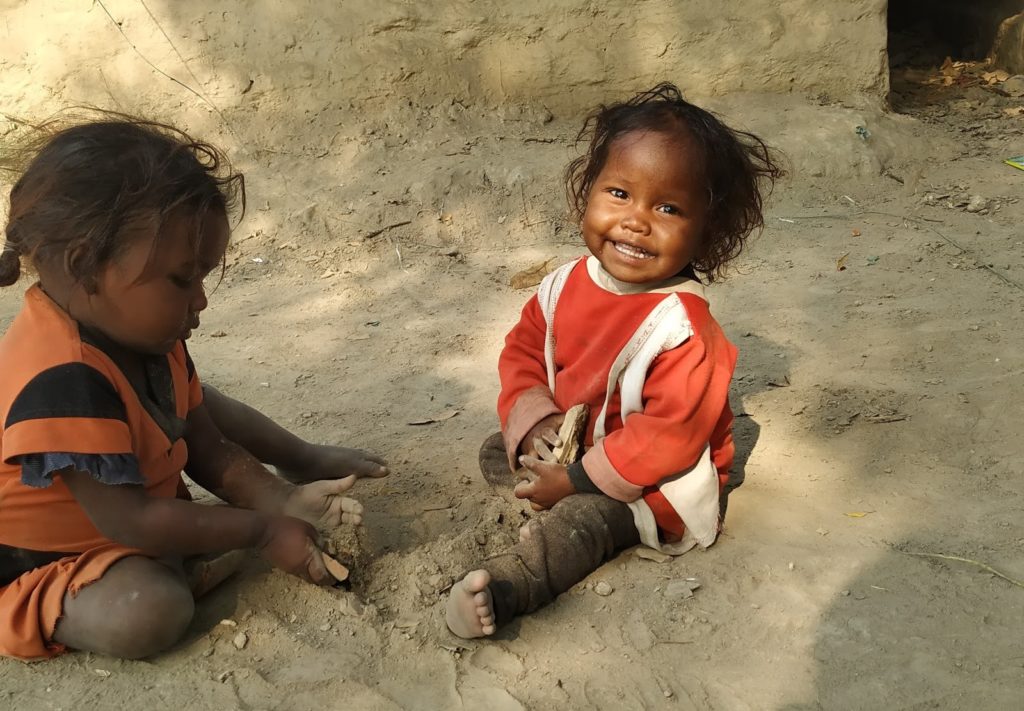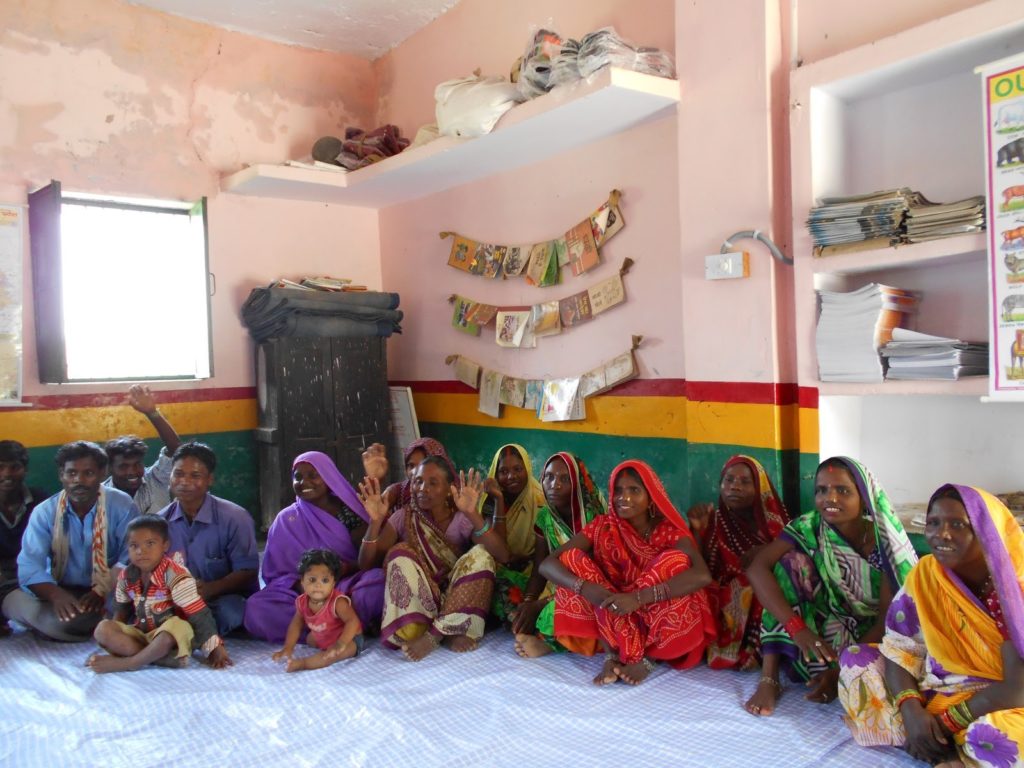Are you aware of the caste system in India? If you’re unfamiliar, it is a social structure that divides different groups into ranked categories. A person’s caste determines their social status, their livelihood, who they can marry and where they can live.
In the traditional Hindu caste system, Dalits, formerly called the untouchables, are considered the lowest of low castes. The system puts individuals from this class in marginal positions — in other words, they are at greater risk of modern slavery due to their social isolation — which exacerbates the immediate vulnerability they have as a result of their destitution.
They are expected to do the most menial jobs in villages. They could not share basic amenities including drinking water with upper-caste people. Such practices still exist in rural areas
 .
.
Will you consider supporting the Dalits through our work for equality and justice?
Most of them are primarily bonded agricultural laborers trapped in an inescapable cycle of extreme poverty, illiteracy, and oppression. And, though it’s illegal, another 40 million Indians are bonded workers, working to pay off familial debts that could have been incurred generations ago. 15 million of these are children working as actual slaves, or in slave-like conditions for less than $1 a day.
Can You Imagine Surviving on $1 Per Day?
At Free the Slaves, we’re helping to lead the way to a slavery-free world by building community-wide slavery eradication and slavery resistance. Our front-line field programs help not only individuals, but assist entire communities that are victimized.
Earlier this year, FTS worked with our partners in india to liberate 20 individuals who were trapped in a brick factory. They had been working under gruesome and unimaginable conditions for 5 months with no pay in order to pay back their debt.

Our innovative strategies empower the community to stand against slaveholders and demand for better economic investments. FTS also works with partners in order to educate those in bondage about their human rights. We help survivors plan out life after freedom which includes new ways to earn a decent living.
Furthermore, Free the Slaves provides children rescued from slavery with an opportunity to close the gaps in their education. We also support a team of Indian attorneys who specialize in human rights cases. The lawyers help advocate for better social benefits, employment opportunities and ward off threats by those who would enslave them.
As we continue to work to free those who are living in bondage, help us stand up for justice by donating today. Thank you for promoting dignity, equality and justice for all Indians.




